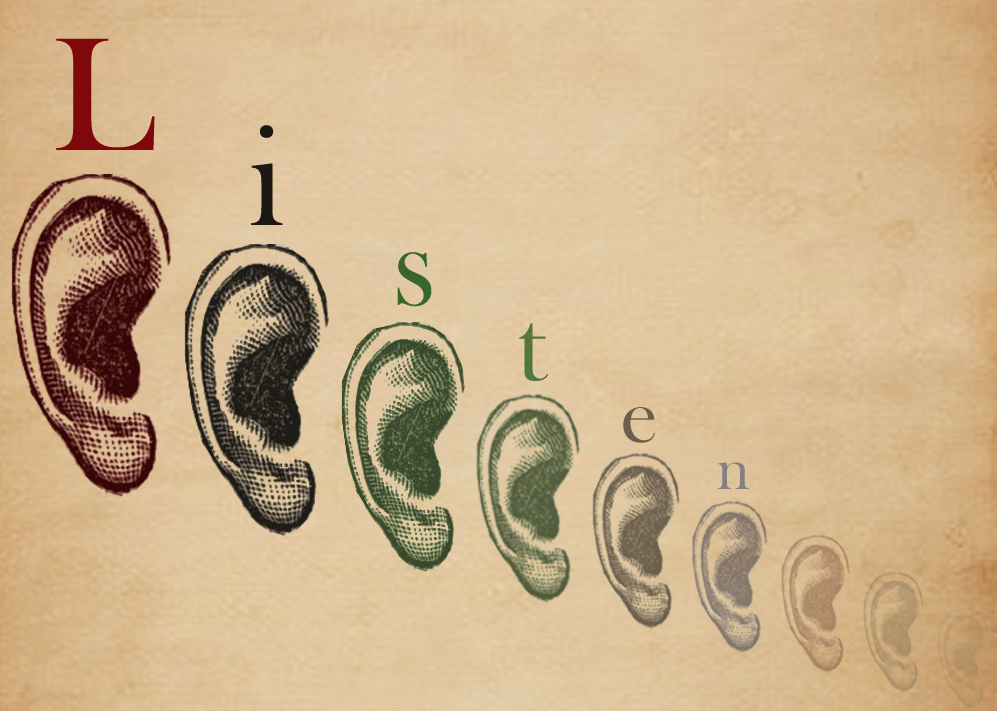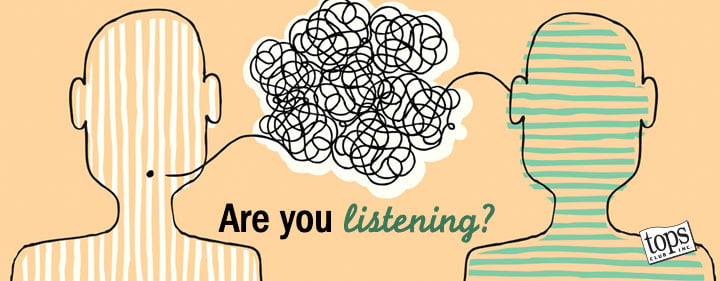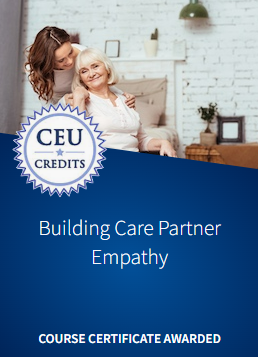Listening: An Under-Utilized Caregiving Skill

Listening. It seems so basic, yet it is identified as a big problem in our society today, especially within the political landscape. It is said that being a good listener helps to solve problems, resolve conflicts, and improve relationships. Psychology Today suggests that we are worse at listening than we realize, but offers hope that we can, indeed improve.
This article will explore the negative business consequences of not listening, barriers, and considerations within the context of eldercare.
Negative Consequences
-
Loss of Customer Satisfaction and Loyalty: When customers feel unheard or their feedback is ignored, it can lead to dissatisfaction and a decrease in loyalty to the brand. Customers want to feel valued and listened to, and when their voices aren't heard, they may take their business elsewhere.
-
Decreased Sales and Revenue: Ignoring customer feedback and preferences can result in products or services that don't meet customer needs or expectations. This can lead to decreased sales and revenue as customers opt for competitors who offer what they actually want.
-
Missed Opportunities for Improvement and Innovation: Customer feedback often contains valuable insights into areas where a business can improve its products, services, or overall customer experience. Ignoring this feedback means missing out on opportunities for innovation and staying ahead of the competition.
-
Damage to Reputation: In today's interconnected world where customers can easily share their experiences and opinions online, ignoring customer feedback can lead to negative reviews, word-of-mouth publicity, and damage to the brand's reputation. A tarnished reputation can be difficult and costly to repair.
- Increased Customer Churn: Unhappy customers who feel ignored are more likely to churn or stop doing business with the company altogether. This can lead to a loss of recurring revenue and increased customer acquisition costs as the business tries to replace lost customers.
Listening Barriers

Ageism. Ageism refers to prejudice, discrimination, or stereotypes against individuals or groups based on their age, typically towards older adults. Ageism can manifest in various forms, such as assumptions about an individual's abilities, limitations, or characteristics based solely on their age, and can have significant negative effects on individuals' self-esteem, opportunities, and quality of life. Making assumptions about a person's ability to make decisions and direct care because he/she is "old" is a form of ageism.
Time. In aging services, there is never enough of it because the ever-evolving needs never ease. The demands easily force caregivers into thinking of their work as tasks to complete. Instilling in caregivers that the person should come before the task is a good place to start. Listening can happen in subtle, yet intentional ways. Teaching care partners how to incorporate active listening into their work is achievable.
Lack of Empathy. Empathy is understanding and sharing the feelings, perspectives, and experiences of others. A pre-requisite for empathy is listening. This too is a teachable skill. By cultivating empathy in our care partners, we teach them how to listen.
Lack of Training. Is it possible to train people on listening skills? This Forbes article states that listening skills should and must be developed in all employees because it is the most critical skill for moving organizations forward.
Listening in Eldercare

Perhaps "Person-Centered" or "Person-Directed" Care
Should be Called "Listening-Centered" Care.
It stands to reason that if we want to center care around an individual, we need to listen to the individual to understand what they want and need, and how to best meet their expectations. Can we truly say we are providing person-centered care if we don't do a good job as listeners?
Research has consistently shown that effective communication, including active listening, is crucial in elder care settings. Elderly individuals often value being listened to and heard by healthcare professionals, caregivers, and family members.
There is growing recognition of the need for training healthcare professionals, caregivers, and family members in communication skills, including active listening, when interacting with older adults. Educational interventions that emphasize empathy, validation, and respectful communication can enhance the quality of care and support provided to older individuals.
At AGE-u-cate, our goal is to transform attitudes and actions in eldercare.
The best way to start is by cultivating empathy amongst all care partners, and our REVEAL Aging courses were designed to advance this goal by equipping aging services organizations with a practical tool to help them start the journey.

In summary, not listening to customers can have far-reaching negative effects on a business's bottom line, reputation, and long-term viability. It's essential for businesses to prioritize listening to and acting on customer feedback to maintain competitiveness and sustain growth.
Within the context of eldercare, listening is an essential skill in cultivating and sustaining a person-directed care philosophy.
T




